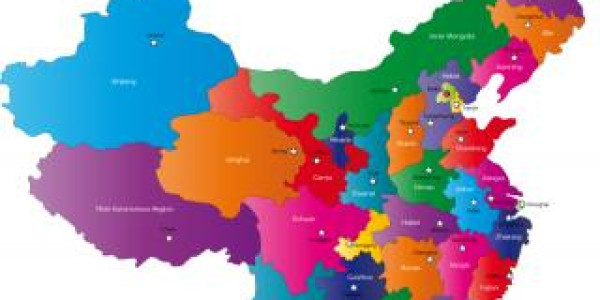China’s food demand grows Dow Jones Newswires 05/30/2013 @ 10:37am China’s rising hunger is driving ever-larger acquisitions of global food assets as the shifting dietary profile of the world’s most populous nation increasingly puts meat, dairy and processed-food producers into play. Underscoring the trend, China’s Shuanghui International Holdings Ltd. on Wednesday said it agreed to acquire Smithfield Foods Inc. (SFD) of the U.S. for $4.7 billion, aiming to secure more pork for Chinese markets. The proposal is the largest in more than a decade of Chinese ventures to snap up food companies abroad. Other purchases have included state-owned Cofco Corp. buying Australian sugar producer Tully Sugar Ltd. last year for about $140 million, and Shanghai-based Bright Food (Group) Co.’s 2011 purchase of Manassen Foods Australia Pty. Ltd. for an estimated $522 million including debt. Bright Food said last year it would acquire control of U.K. cereal maker Weetabix Food Co. The purchases are part of a broader effort by Beijing to secure the raw materials needed to feed its fast-growing economy. Chinese state-controlled companies in recent years have struck big energy and mining deals. But many of the country’s food investments have had lower profiles. Shuanghui’s bid for Smithfield, the world’s largest hog farmer and pork processor, signals that not just any dish will do. As China grows more wealthy, relatively expensive protein is becoming a bigger portion of the domestic diet. China’s meat consumption would still need to rise about 8% from last year’s level just to catch up to South Korea’s, according to the United Nations’ Food and Agriculture Organization. “It is part of the broad Chinese strategy to invest the country’s current-account surplus into strategically important commodities. And going forward, more transnational acquisitions are possible in meat and dairy,” said Paul Deane, the senior agricultural economist at Australia & New Zealand Banking Group Ltd. (ANZBY, ANZ.AU, ANZ.NZ). Cofco Chairman Ning Gaoning told reporters in March that his company is seeking acquisitions and investment opportunities in more consumer brands in the U.S., Australia and Brazil, suggesting that as Chinese palates get more adventurous, the door will open for imports of more premium foods. Australia may be a favored destination given its resources, Mr. Deane said. Chinese investment in Australia and New Zealand food and agribusiness targets has totaled $1.1 billion since 1995, according to research firm Dealogic. Beef may be a prime target for Chinese buyers, said Rabobank analyst Chenjun Pan. Chinese beef consumption has been rising steadily, with domestic prices more than doubling since 2007, she said. The U.S. Department of Agriculture projected that China’s beef imports would rise to a record 175,000 metric tons this year. Industry data show that China imported about 61,000 tons last year. Milk and other dairy products would also make logical Chinese acquisitions, said Li Guoxiang, a researcher at the state-backed Rural Development Institute of the China Academy of Social Sciences. “If we only rely on domestic resources to develop the animal-husbandry industry, China’s grain production will face challenges, and there will be more serious environmental pollution problems,” Mr. Li said. Relying on foreign resources may also assuage government concerns about having enough food, he said. As rising wealth collides with a string of scandals over tainted food in China, prospective acquirers could also shop for premium processed foods abroad, including olive oil and meat and dairy products, such as cheese and yogurt, Ms. Pan said. “The domestic market can’t convince consumers of food safety, so there’s a lot of space for such acquisitions.” -David Winning in Sydney, Sameer Mohindru in Singapore and Zhoudong Shangguan in Beijing contributed to this article. Write to Chuin-Wei Yap at Chuin-Wei.Yap@dowjones.com Subscribe to WSJ: http://online.wsj.com?mod=djnwires (END) Dow Jones Newswires May 30, 2013 10:51 ET (14:51 GMT) Taylor Scott International
China’s Food Demand Grows

This entry was posted in Investment, investments, News, Property, Taylor Scott International, TSI, Uk and tagged brazil, chat, china, food, investment, javascript, property, south-korea. Bookmark the permalink.







